Lynda Ware, a retired GP and Senior Fellow in General Practice at Cochrane UK, and Selena Ryan-Vig, Cochrane UK’s Communications and Engagement Officer, tell us about the talks and workshops they run with secondary school students, teaching evidence-based medicine and encouraging critical thinking about health claims and advice.
Between 2016 – March 2024, Cochrane UK visiting secondary schools in and around Oxford, teaching evidence-based medicine (EBM) and highlighting its relevance in our everyday lives. We already had an established community programme, known fondly as the ‘Women’s Institute (WI) talks’, and the schools project evolved from this. To be more precise, the venture was suggested by two WI ladies, who questioned why Cochrane wasn’t speaking to young people, whose deep-rooted aversion to seeking medical help and reliance on Dr Google are well known.
In November 2016 we faced our first audience of students in an after-school Science Club. We realised immediately how hard it is to teach well and that we would have to learn quickly if we were to survive. Nevertheless, our first foray into the world of education was well received and we can now boast a growing portfolio of schools who welcome us into their classrooms.
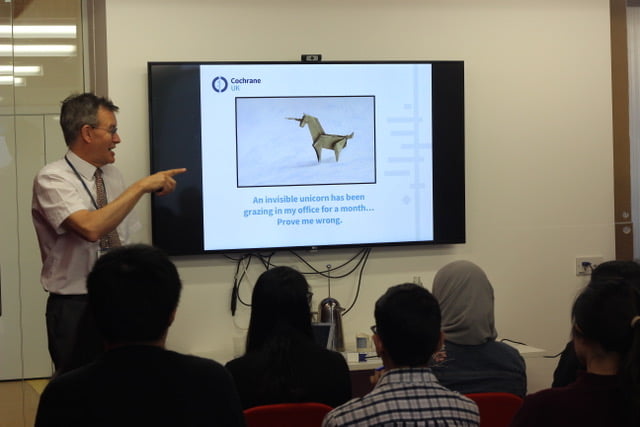
Encouraging pupils to think critically about medical claims
In our talks and workshops we aim to bring an awareness of why it is important to question the evidence behind medical claims. We use topical newspaper headlines to illustrate how medical evidence can be misrepresented in the media – how it can sometimes be inaccurate and sometimes just plain wrong. We illustrate the relevance of evidence-based medicine on a personal, everyday level by looking at how we choose cold remedies. We consider medical interventions at national and global levels, using the HPV vaccination programme as an example. We look at what constitutes a randomized controlled trialA trial in which the people taking part are randomly divided into groups. A group (the intervention group) is given the intervention being tested (for example a drug, surgery, or exercise) and compared with a group which does not receive the intervention (the control group). and how a systematic reviewIn systematic reviews we search for and summarize studies that answer a specific research question (e.g. is paracetamol effective and safe for treating back pain?). The studies are identified, assessed, and summarized by using a systematic and predefined approach. They inform recommendations for healthcare and research. is produced.
With the unfailingly generous encouragement and feedback from the teachers we met, we soon appreciated that just talking to the students quickly lost their attention and that we needed to use interactive activities to make our points effectively. Different forms of communication, such as animations and videos, also hit the spot. We have taught pupils from Years 9-13 in formal lessons and in extracurricular science and medical clubs.
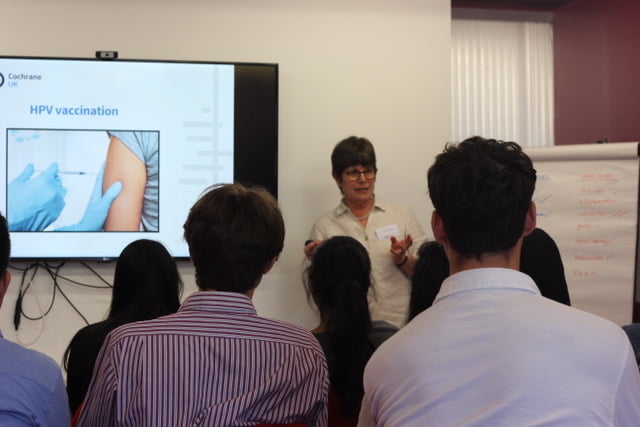
Special sessions: teaching evidence-based medicine to aspiring medics
We have run several extended workshops for sixth-formers applying to read medicine. A couple of these workshops have included interactive sessions with Anna Noel-Storr, to introduce Cochrane Crowd and to give a taste of what systematic reviewers do.
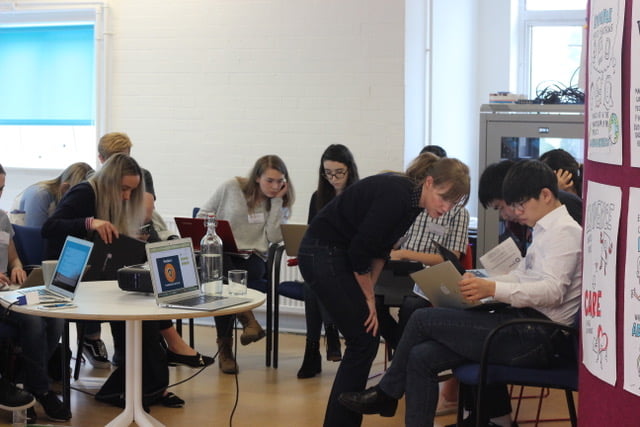
Spreading the word…
During the pandemic, we began delivering the sessions entirely online – and have continued to do so. Doing so has enabled us to reach pupils throughout the UK.
Join in the conversation on Twitter with @CochraneUK and @Lynda_Ware or leave a comment on the blog.


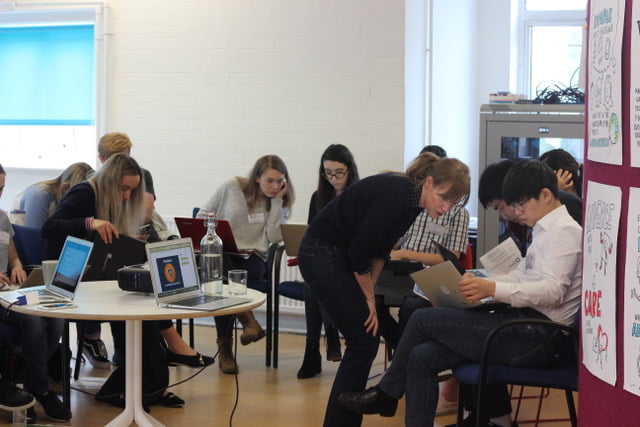
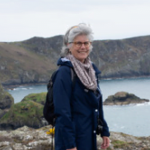
Hi , great article and a great idea. I have emailed r.e setting up a scheme like this in my area and possible directions to take this in!
I look forward to a response
Thanks
Dr Sean Burns
Excellent! Is there a way to get the syllabus or the training materials? I think this is even helpful for college students. Almost all the misinformation is spread by adults.
Hi Anoop, thanks for your interest. Would you like to get in touch via email? Thanks, Selena
general@cochrane.nhs.uk
Love this article. I’m President of Birmingham Widening Access to Medical Sciences and we are currently looking to expand our schools outreach programme in the West Midlands. It would be fantastic if we could collaborate on this and share resources. Our email is: uobwams@gmail.com and our website is http://www.bwams.co.uk